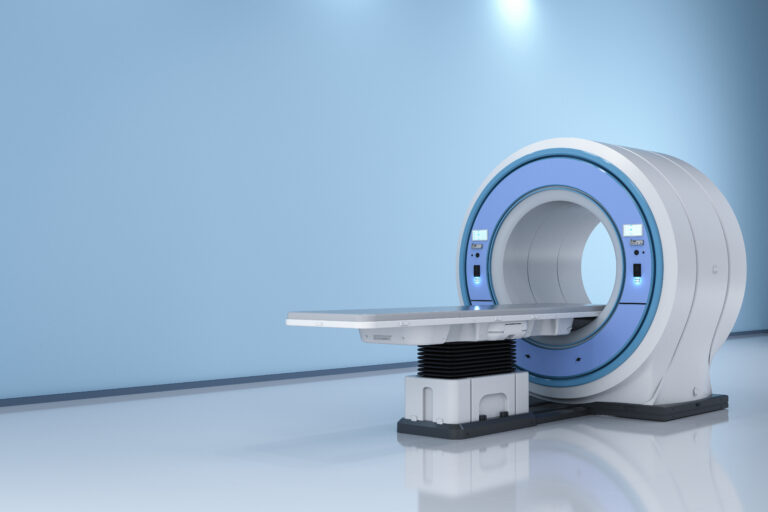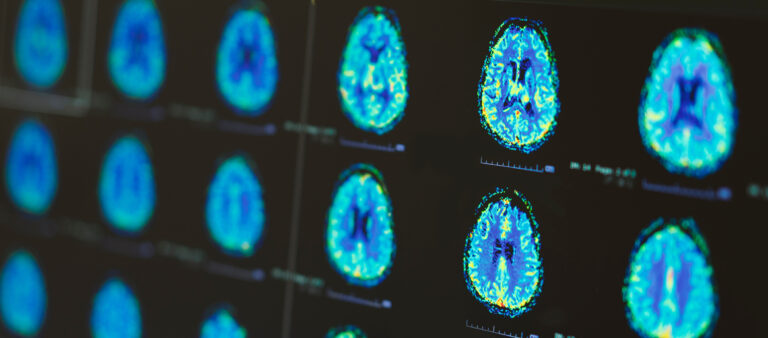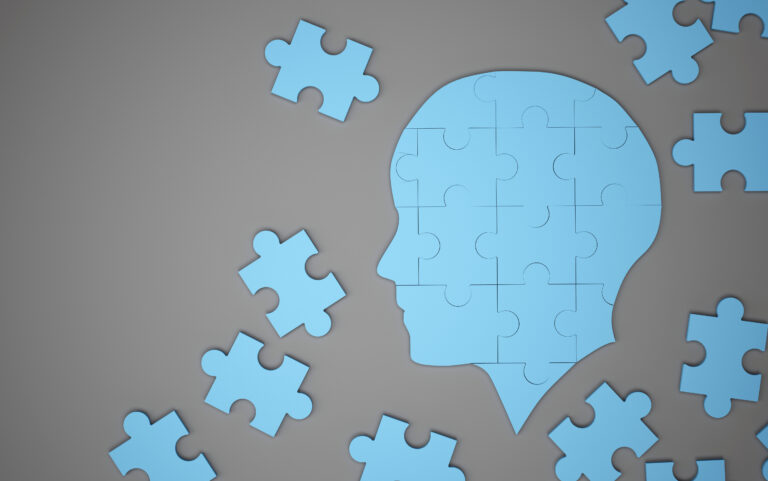Whether you should train before or after breakfast depends on your goals, health status, and personal preferences, as both approaches have distinct effects on metabolism, energy levels, and long-term outcomes.
**Training Before Breakfast (Fasted Training)**
Exercising in a fasted state, typically in the morning before eating, is often promoted for its potential to increase fat oxidation during the workout. Research shows that aerobic exercise performed before breakfast can lead to higher fat burning at that moment compared to exercising after eating. This is because glycogen stores are lower after an overnight fast, so the body may rely more on fat as fuel during exercise[1]. However, this acute increase in fat burning during fasted exercise does not necessarily translate into greater long-term fat loss or improved body composition. A 2017 systematic review found no significant difference in body fat loss between fasted and fed exercise training programs over time[1]. This suggests the body compensates later in the day, possibly by reducing fat oxidation or total energy expenditure.
Fasted training may also influence energy levels and performance. Some people feel less energetic or weaker when exercising without eating first, which can affect workout intensity and duration. For others, fasted exercise can improve metabolic flexibility—the ability to switch between burning carbohydrates and fats efficiently.
**Training After Breakfast (Fed Training)**
Exercising after eating provides the body with readily available energy from the meal, which can enhance performance, especially for high-intensity or longer-duration workouts. Eating before exercise helps maintain blood glucose levels, reducing fatigue and improving endurance. For people with diabetes, exercising after meals can help stabilize blood sugar spikes that typically occur about 90 minutes post-eating, lowering cardiovascular risk[3]. The American Diabetes Association recommends regular exercise, ideally spread throughout the week, and suggests that exercising soon after meals may help keep blood sugar in a healthy range[3].
From a general health perspective, exercising about 30 minutes after eating is often considered optimal for blood glucose management and overall health outcomes[4]. This timing allows some digestion but still provides energy for the workout.
**Other Considerations**
– **Immune System and Long-Term Health:** Regular exercise, regardless of timing relative to meals, strengthens the immune system and modulates inflammation positively over time. Long-term endurance training is linked to better control of inflammatory responses, which is important for healthy aging and chronic disease prevention[5].
– **Meal Timing and Longevity:** Research suggests that consistent meal timing, including eating breakfast earlier in the day, is associated with healthier aging and longer life. Irregular or late breakfasts may correlate with health issues such as poor sleep, depression, or dental problems, especially in older adults[2]. This implies that for overall health, maintaining a regular eating schedule that includes breakfast might be beneficial.
– **Personal Goals and Preferences:** If your primary goal is fat loss, fasted cardio might seem appealing, but evidence does not strongly support superior fat loss compared to fed exercise. If performance and energy are priorities, eating before training is generally better. For blood sugar control, especially in diabetics, exercising after meals is advantageous.
– **Individual Variation:** People respond differently to fasted versus fed training. Monitoring how your body feels, performs, and recovers can guide your choice. Using tools like continuous glucose monitors (CGMs) can help those with blood sugar concerns optimize timing[3].
In summary, training before breakfast can increase fat oxidation during exercise but does not guarantee greater fat loss long-term. Training after breakfast supports better performance and blood sugar control, especially for those with metabolic conditions. Regular exercise combined with consistent meal timing supports immune health and longevity. The best approach depends on your individual health, goals, and how your body responds.
—
Sources:
[1] UNSW Newsroom, 2025: Does ‘fasted’ cardio help you lose weight? Here’s the science
[2] Fox News, 2025: Breakfast timing may hold the key to living longer, new research reveals
[3] Cleveland Clinic, 2025: Blood Sugar Control and Exercising After Meals
[4] Dr.Oracle, 2025: Is it better to exercise before or after eating?
[5] News-Medical.net, 2025: Decades of exercise found to train the immune system for better defense





